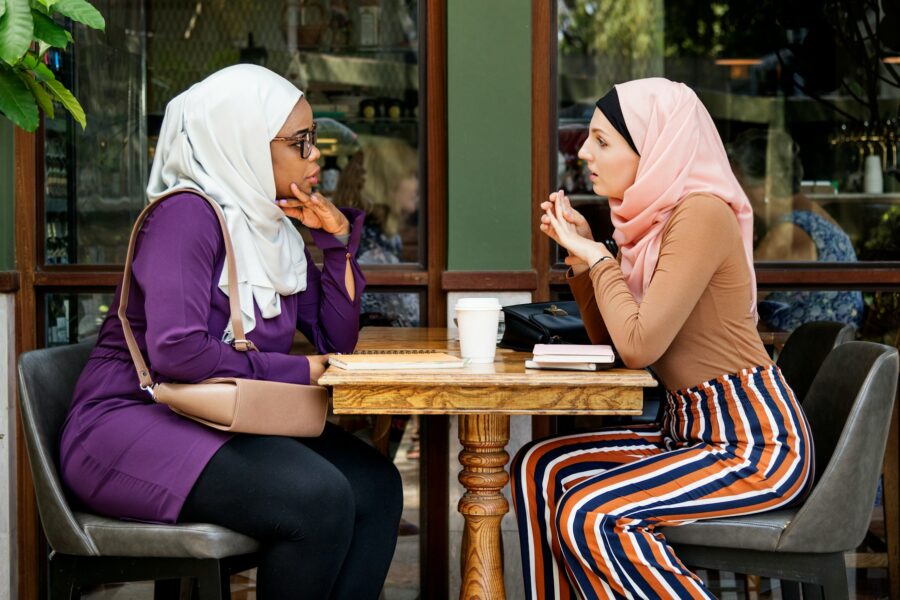People talk a lot about “self-love” like it’s something you can manifest just by saying a few affirmations into the mirror.

The thing is, if you’ve spent years criticising yourself or feeling like you’re never quite enough, becoming your own best friend doesn’t happen overnight. It’s a process, and honestly, it’s a lot more about quiet daily choices than grand gestures. Here’s how to build a friendship with yourself that actually feels real, not forced or fake, and why it might be the most important relationship you’ll ever have.
1. Start by actually listening to yourself.
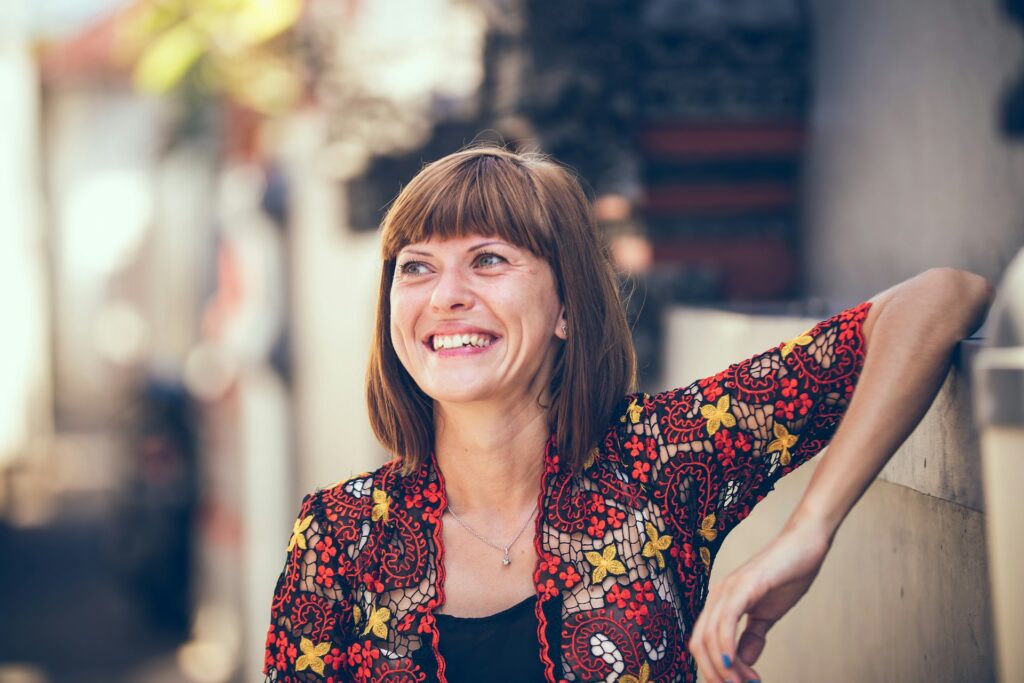
Real friends listen—they don’t just bulldoze over you with what they think you should feel. Being your own best friend starts by noticing how you really feel instead of immediately judging or dismissing it. That means pausing when you’re upset, checking in when you’re tired, and taking your gut reactions seriously. You can’t build trust with yourself if you’re constantly ignoring your own signals and pretending they don’t matter.
2. Celebrate tiny wins like they actually mean something.

When you’re close to someone, you don’t just celebrate their big milestones—you cheer for their small victories too. Being your own best friend means recognising your efforts, not just your outcomes. Finished a hard email? Survived a rough morning? Set a boundary, even if it felt awkward? Those moments deserve credit, even if no one else sees them. The more you notice them, the more you’ll believe you’re someone worth rooting for.
3. Stop speaking to yourself like a bully.
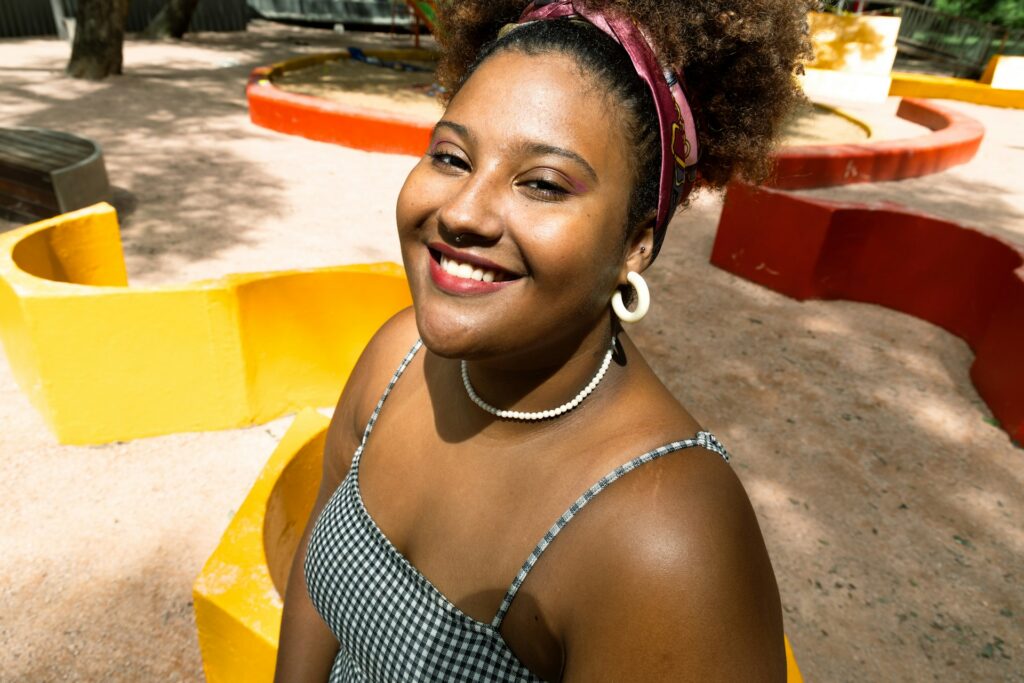
You wouldn’t stay friends with someone who constantly insulted you, criticised every move you made, or called you a failure for having feelings. So why tolerate it from yourself? Changing your inner voice takes time, but even catching yourself once and swapping in something softer—“This is hard, and I’m doing my best”—starts to shift the relationship. You can’t shame yourself into wholeness. But you can talk yourself into healing, slowly, kindly.
4. Honour your basic needs like they’re non-negotiable.

Best friends don’t let you run yourself into the ground without at least handing you a glass of water and telling you to rest. Being your own best friend means treating your basic needs like they matter without needing a crisis to justify them. Food, rest, movement, boundaries, connection—all of it counts. You don’t have to “earn” care by being productive or perfect first. You’re allowed to show up for yourself like you deserve it, just because you exist.
5. Forgive yourself for being human.
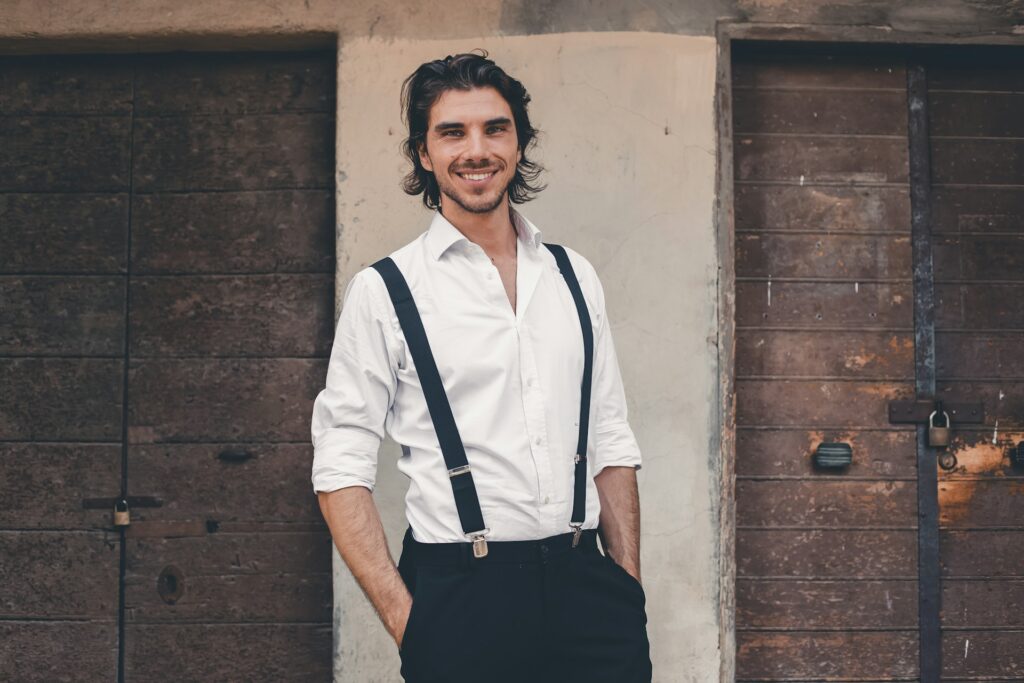
Real friends don’t hold your worst moments against you forever. They understand that messing up, hurting, growing, and stumbling are all part of being alive. You deserve that same kind of grace from yourself. Forgiving yourself doesn’t mean pretending mistakes didn’t happen—it means you stop punishing yourself endlessly for being human. You can acknowledge the mess and still choose to move forward with kindness instead of cruelty.
6. Let yourself be proud, even when no one else sees it.
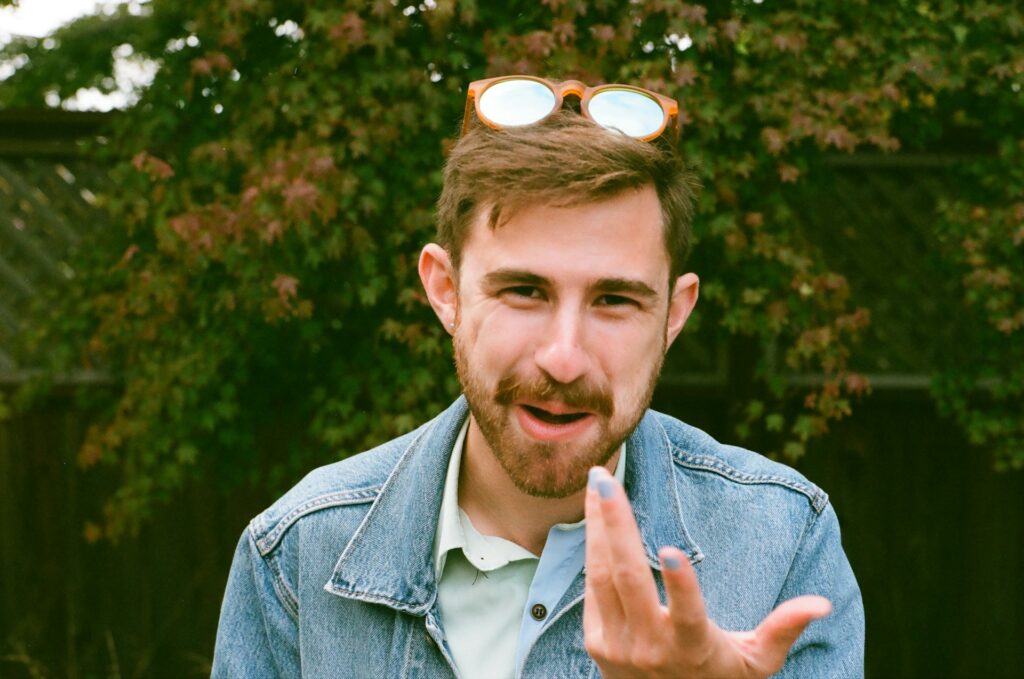
When you love someone, you’re proud of their growth, even if it’s invisible to everyone else. Being your own best friend means giving yourself that same silent, steady pride. You don’t need an audience to validate your progress. It’s enough that you know. It’s enough that you’re trying. Quiet pride isn’t arrogance—it’s a form of loyalty to yourself that no one else can take away.
7. Protect your peace like it’s sacred.

Friends who really love you don’t push you to the brink just to get their way. Being your own best friend means noticing when situations, people, or choices steal your peace—and stepping back without guilt. You don’t owe your energy to everything that asks for it. Sometimes loyalty to yourself means choosing calm over chaos, even if it disappoints someone else. Your nervous system deserves protection too.
8. Allow yourself to want more without shame.
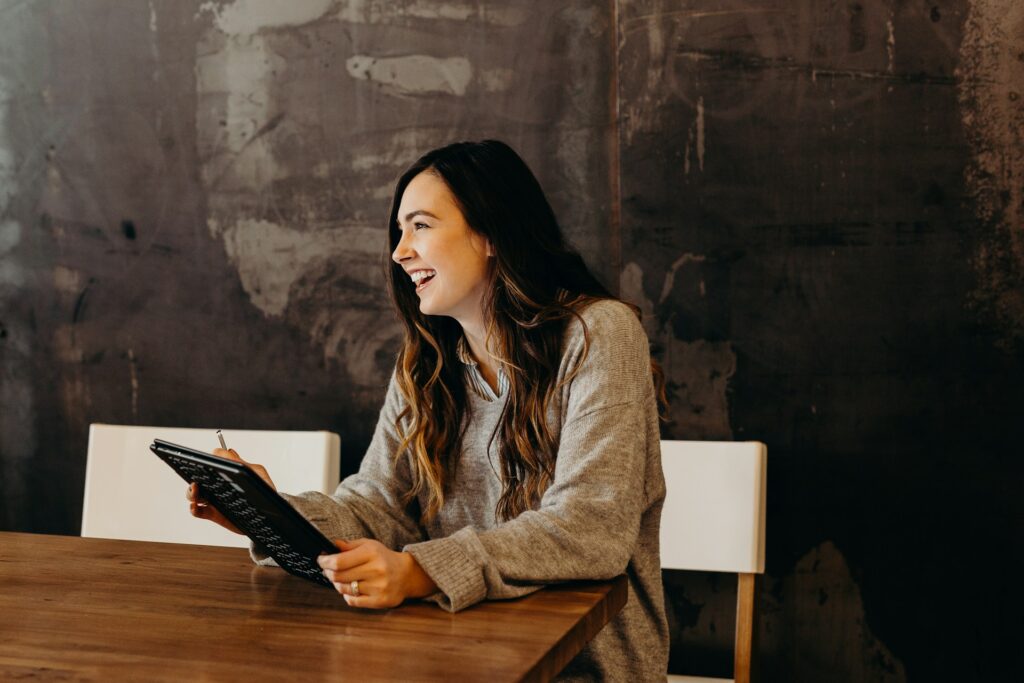
Good friends don’t guilt you for dreaming bigger—they encourage it. Being your own best friend means letting yourself want more out of life without constantly shaming yourself for not already having it. It’s okay to want better relationships, deeper purpose, more ease, more joy. Longing doesn’t make you ungrateful; it makes you alive. Wanting more doesn’t mean you’re broken. It means you’re awake to possibilities.
9. Sit with your bad days without trying to fix them immediately.
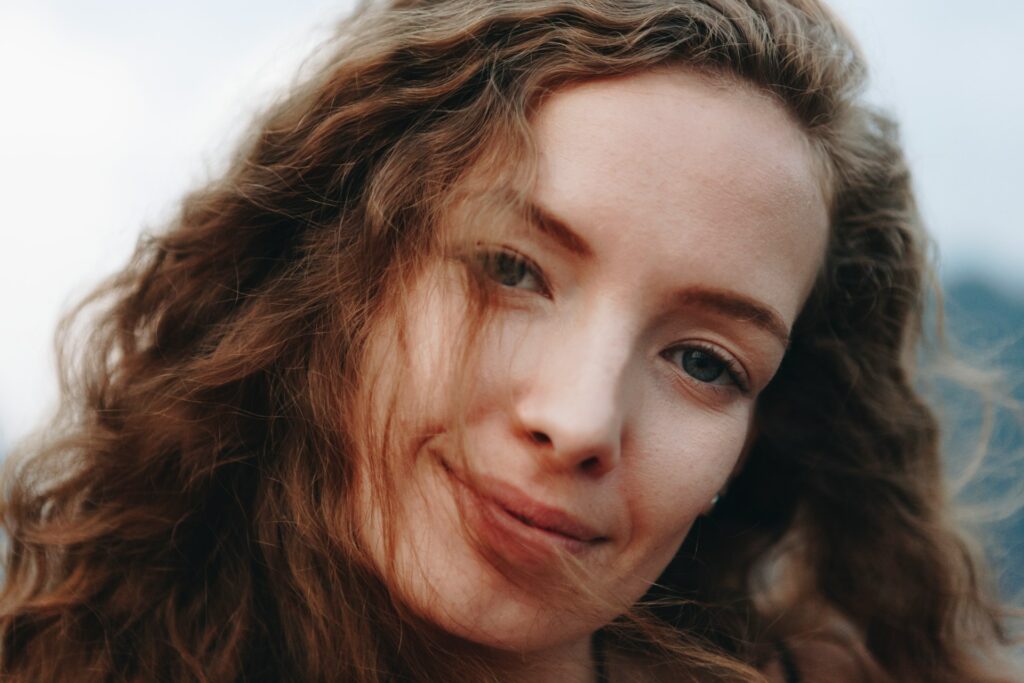
Friends don’t always try to fix you—they sit with you when you’re hurting. Being your own best friend means not trying to hustle yourself out of sadness, frustration, or exhaustion the second it appears. Some days just suck, and that’s not a moral failing. Letting yourself have a bad day without layering judgement on top is a quiet kind of friendship—the kind that teaches you it’s safe to be human, even when it’s messy.
10. Check in with yourself the way you would with someone you love.
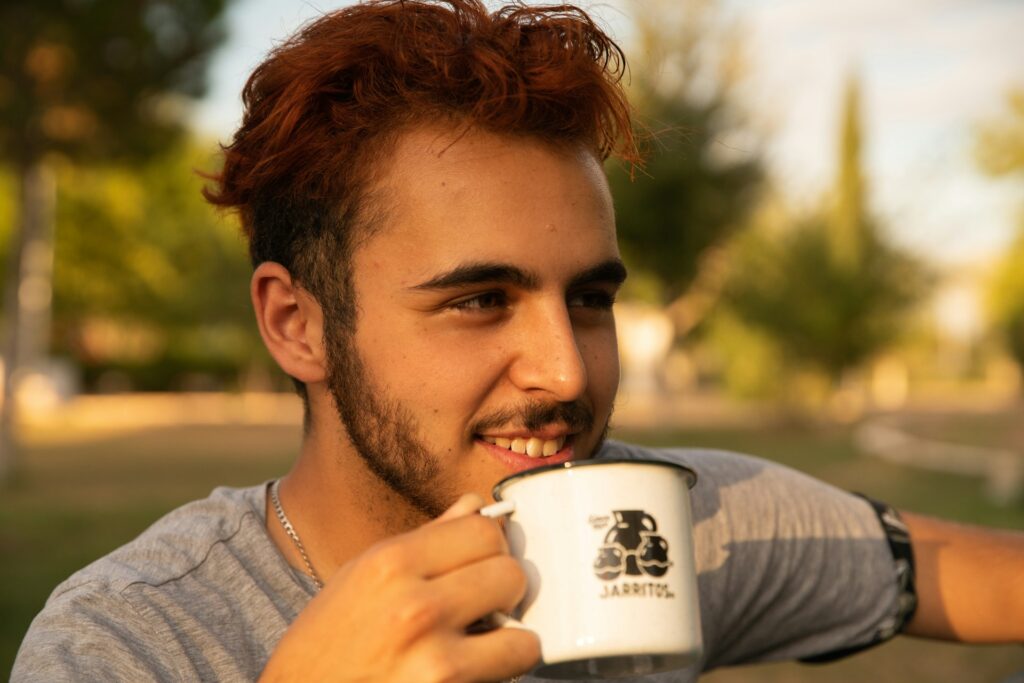
You wouldn’t expect a friend to keep pushing through burnout without asking how they’re doing. So why expect that of yourself? Being your own best friend means checking in with real curiosity, not judgement. How am I really doing today? What do I need more of? Less of? Building that habit of emotional self-check-ins keeps you connected to yourself, and way less likely to abandon your own needs without realising it.
11. Believe your own feelings, even when they’re inconvenient.
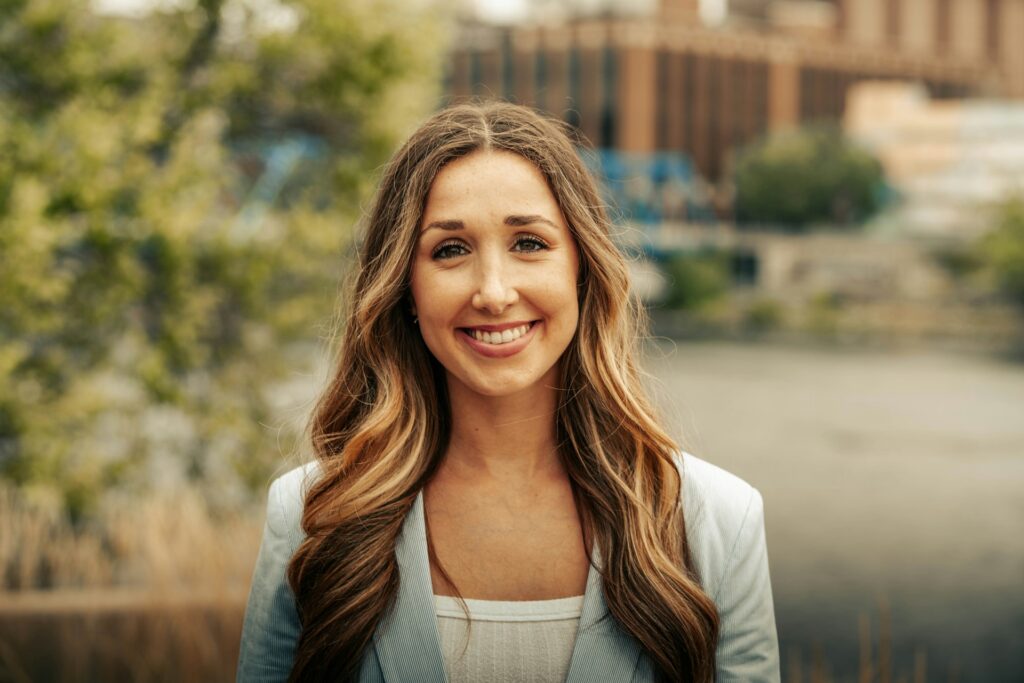
True friends don’t gaslight you. They trust your experience, even when it’s messy or complicated. Being your own best friend means believing yourself when something feels off, even if it’s inconvenient or hard to explain. Your feelings aren’t nuisances to be minimised. They’re information about what’s happening inside you. Trusting them doesn’t make you overreactive—it makes you tuned in and self-respecting.
12. Let yourself change without calling it a betrayal.
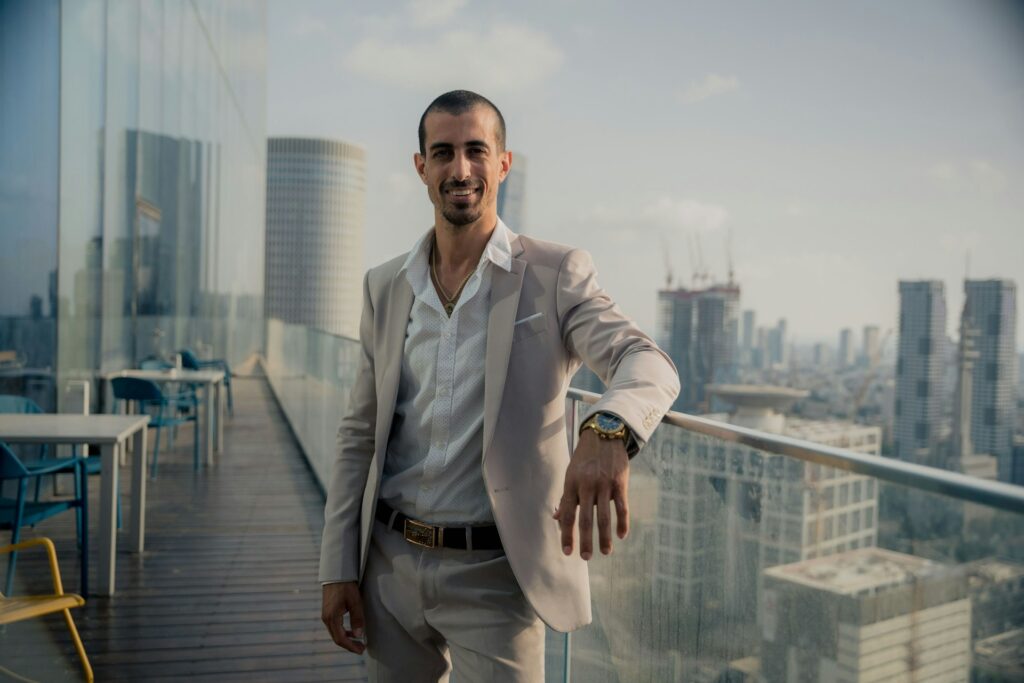
Best friends allow you to grow and change over time—they don’t freeze you in place. Being your own best friend means allowing your dreams, needs, opinions, and priorities to evolve without treating it like a failure. Changing isn’t a betrayal of who you were. It’s proof you’re paying attention to your life. It’s a sign of wisdom, not weakness. You’re allowed to outgrow people, goals, versions of yourself, and still love who you’ve been along the way.
13. Show up for yourself even when no one else does.

The hardest and most powerful thing about being your own best friend is showing up for yourself even when you feel invisible to the world. Especially then. You stop waiting for rescue. You stop waiting for proof that you matter. You choose, every day, to be on your own side. To have your own back. To build a life where you know, without a doubt, that you’ll never leave yourself behind again. And that’s real friendship—the kind that lasts a lifetime.
